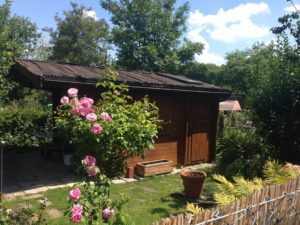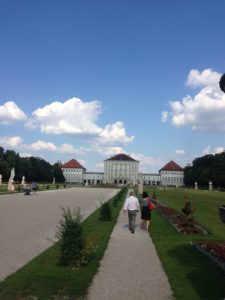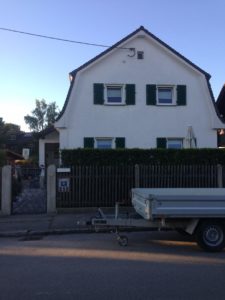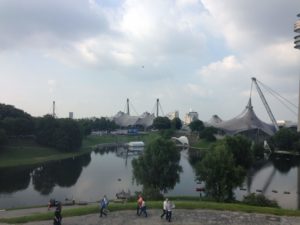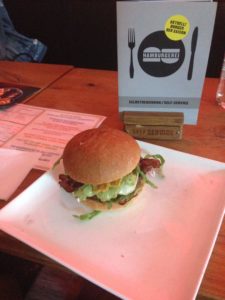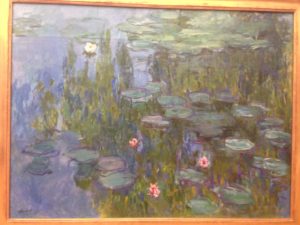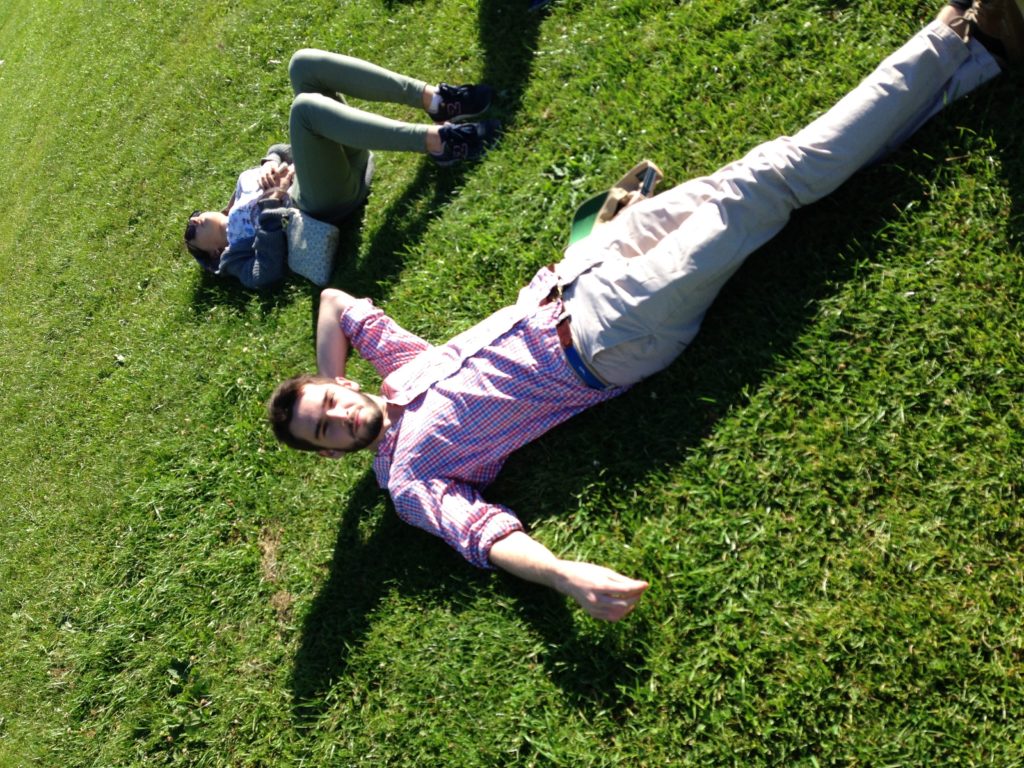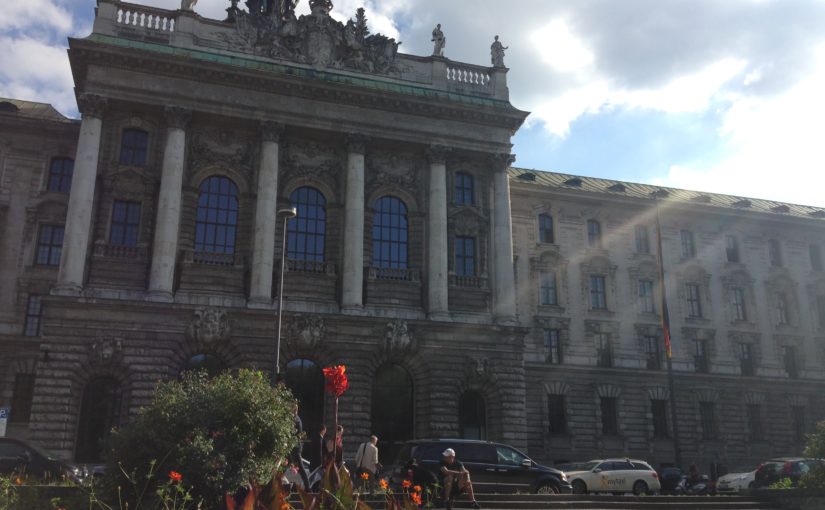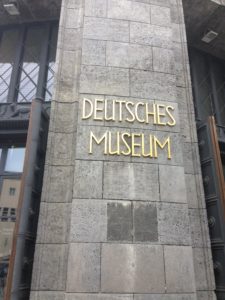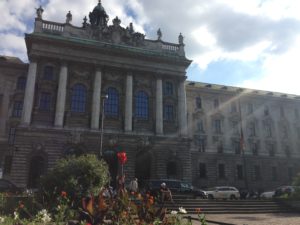Well folks I’m back, and I learned quite a lot. Not only did I learn a bunch of German, but I learned something about the process of learning language as well. When I first started to learn German last summer, I had to rely on flashcards and hard work, researching various aspects of the German grammar and so on in order to make progress in the language. This summer, however, with a bit of German already under my belt, I was able to learn new words by consulting a German-German dictionary; I was able to observe the grammatical quirks of the language through participating in conversation with my teachers and other native speakers. In other words, I was able to learn the language by using the language, and my progress accelerated much more quickly compared to last summer’s flashcards and research.
Not only did I gain this insight into the process of learning a language, but I also learned a few things about life in another culture. Germany, although it is full of pieces of American culture (our movies, television shows, memes, and so on), has still an underlying culture of its own, based on centuries of history and change. Living in a country like Germany, with its slightly different culture and its respected status in the world, truly made me realize how much I appreciate my own country. So, while I’ve gained a legitimate appreciation for the German culture and way of life, I’ve also gained a newfound appreciation for American culture.
Looking forward, my experience abroad will continue to be useful. Not only will I be able to demonstrate my global experience on resumes and applications, but the lessons I learned will actually be helpful as well. I’ve grown to appreciate another country and culture; I’ve experienced what it’s like to learn another language, and I know the process that is required now. This experience has really been transformative, and the language that I acquired during my time abroad will be extraordinarily helpful in the future, as I plan to work in Germany someday. I’m truly grateful that I underwent this experience, and I look forward to more German in the years and months to come.
Best wishes from the USA!
-Alex
